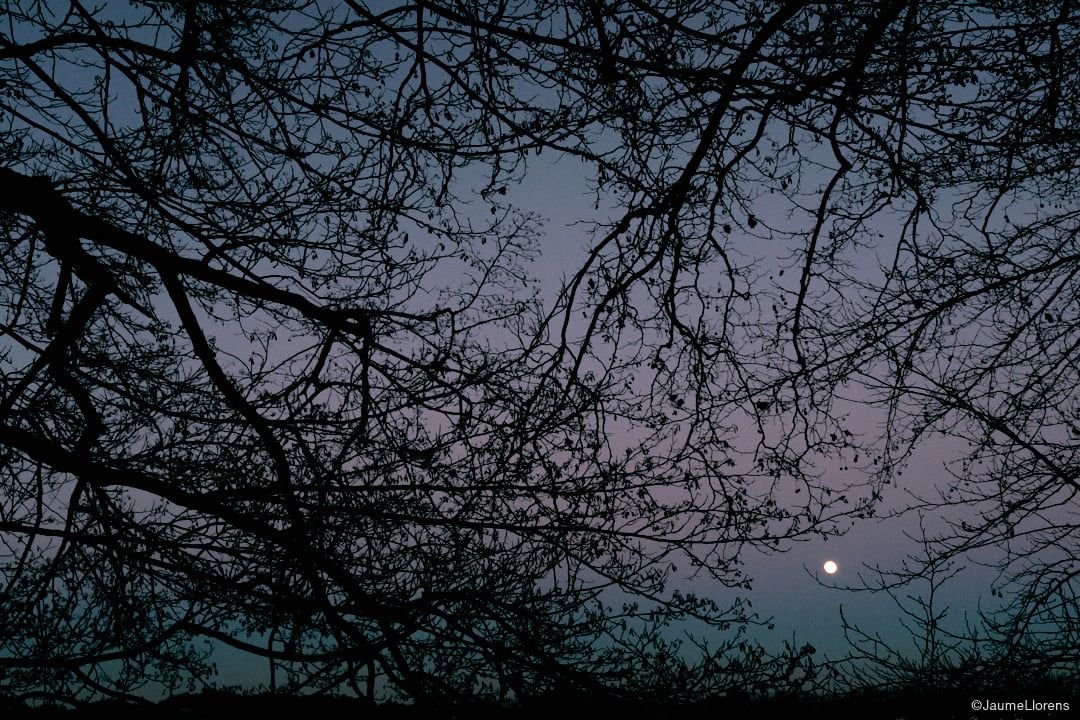

Vine of Obstacles Zen
An international community of practitioners engaged in innovative online Zen training. Designed for those who aspire to fully awaken for the benefit of all.

An international community of practitioners engaged in innovative online Zen training. Designed for those who aspire to fully awaken for the benefit of all.